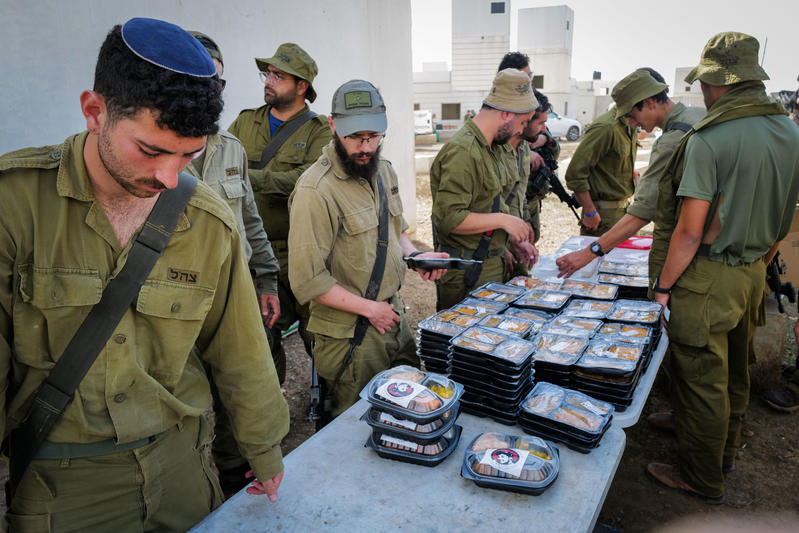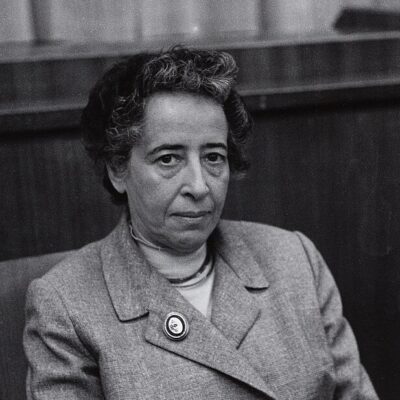How to Hold a Jewish Retreat in the Age of Coronavirus

By Andrea Hoffman
Several months ago, the Advancing Jewish Retreating report confirmed what many of us already knew – retreats can add value to our organizations in ways that traditional professional development seminars and courses cannot.
Research has shown that establishing meaningful connections among employees leads to increased employee engagement and greater organizational and institutional success. Your employees’ need for rejuvenation and connection has not gone away during this pandemic, and if anything, that need has grown. The proliferation of online content does not absolve us from our responsibilities to train and nurture our professionals and help them prevent burnout.
Jewish retreating accomplishes all those goals. While our new reality may require us to change how we gather, the guiding principles remain the same. Especially in today’s climate, when people are feeling lonelier and more isolated than ever, there are two keys to professional development critical to the continued vitality of our professionals and our organizations – rejuvenation and connection.
Dwell, an immersive experience organized by Hillel International since 2018, has allowed us to both rejuvenate and better connect our professionals, and in many cases, caused our colleagues to remember why they entered this career in the first place.
Due to the coronavirus, Dwell will not be happening in-person this year. Instead, we are taking the core of our experience online. We believe the lessons we have learned from holding this gathering in the past are as applicable to today’s virtual retreats.
Rejuvenate
Within many of our organizations, the work never seems to stop, especially since the pandemic began. The boundaries between day and night, work and rest have disappeared, and employees find themselves tired and disoriented.
Just like an athlete needs rest after a game, our professionals need time and space to rest and rebuild their Jewish muscles. To facilitate this:
- Allow retreat participants to be purely participants. Asking participants to be responsible for any aspect of the retreat is a burden if the goal is rejuvenation.
- Jewish tradition says, shinui makom, shinui mazal or, change your place, change your luck. While a change of venue may not be possible right now, we can alter physical space and ultimately our thinking. Give participants the ability to create a unique educational space for themselves. Encourage them to place a beautiful piece of fabric below their keyboard and an inspiring poster on the wall they face. Ask them to place a plant on the corner of their desk and clear away the pens, sticky notes, and assorted desk clutter.
- Provide an excellent user-experience:
- Send participants a package in advance with all the materials they will need, including the fabric for beneath their laptop and even fairy lights to frame their screen. And don’t forget the swag! How about postcards and an address list to send a note to colleagues? A QR code linking to a Spotify playlist? Customize the package – include a personal note to welcoming participants to the experience.
- Set an intentional ceiling on the number of participants to ensure that you and your faculty can be maximally present for participants and the program and create ways for colleagues to connect with each other in meaningful ways. If you are using Zoom, consider limiting participation to the number of people who will fit on one screen.
- Give participants as much as choice as possible. Work with faculty to determine what part of the learning needs to be done as a full group and which parts can be done individually.
Connect
Fostering connection among colleagues requires creative constraints to support that goal. Priya Parker, author of The Art of Gathering writes, “you have to design your gatherings for the kinds of connections you want to create.” Given today’s necessary reliance on technology, we need to put even more effort into how we help create and support productive relationships among our professionals.
- Ask participants to opt-in to one-device spaces. If you are meeting via Zoom, turn off your phone. If you are talking on the phone, close your laptop. If you are sharing space, ask others to turn the volume down on their devices.
- Use a ritual to start the day together. Regardless of the day’s agenda, start as a community, whether in movement, prayer or song, before you get to the learning. This summer, while our content will be spread out over several weeks, we will still begin each day with song and a kavanah, intention, for the day. No matter how many different sessions take place in a day, we will all have shared an experience that carries us forward.
- Let participants know that they are expected to be present. During the current crisis, maintaining focus is especially difficult, but the whole cohort will benefit with fewer interruptions and distractions. Put up an away message up for emails, turn off notifications, and ask family members not to interrupt, unless there is an emergency.
It remains unclear how long this new reality will persist, and until the day arrives that we can retreat together in person, these best practices will help make your online gatherings more meaningful and more effective.
Andrea Hoffman is the director of conferences and immersives for the Center for Jewish and Israel Education at Hillel International.

 Add EJP on Google
Add EJP on Google









